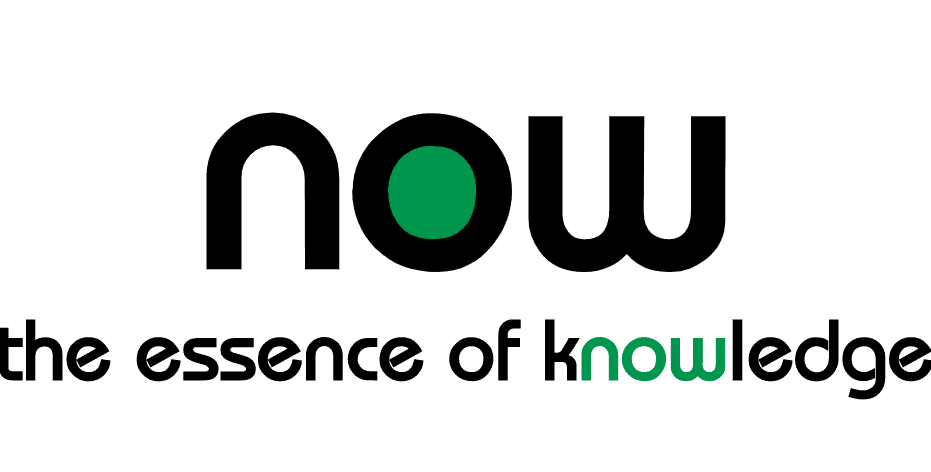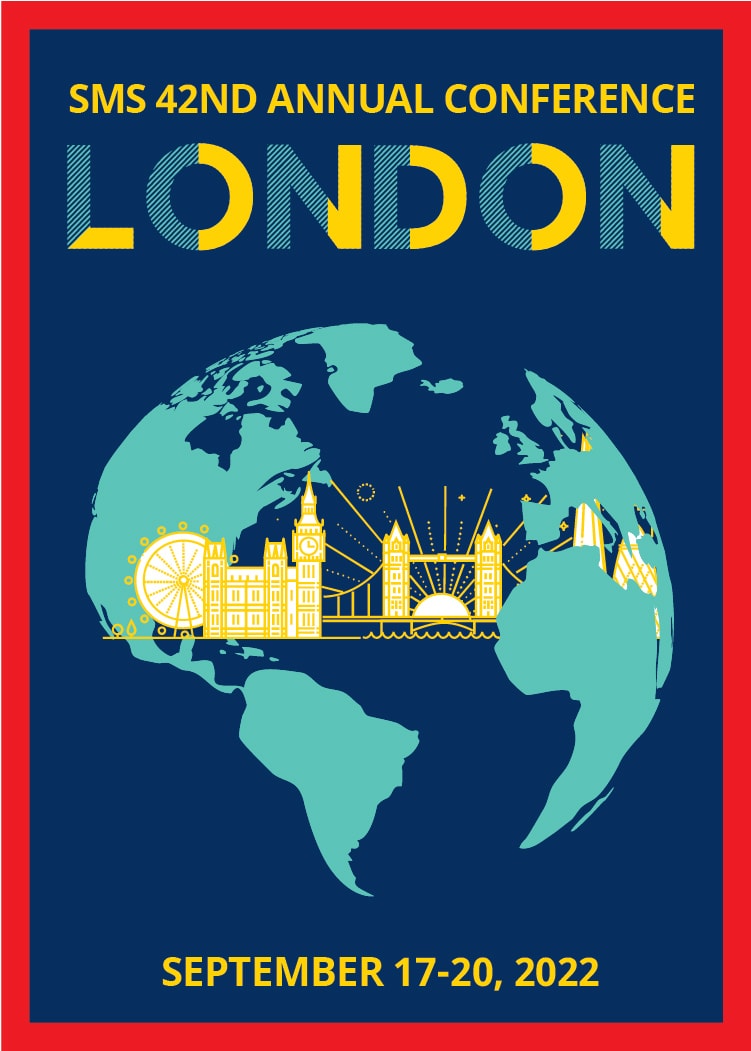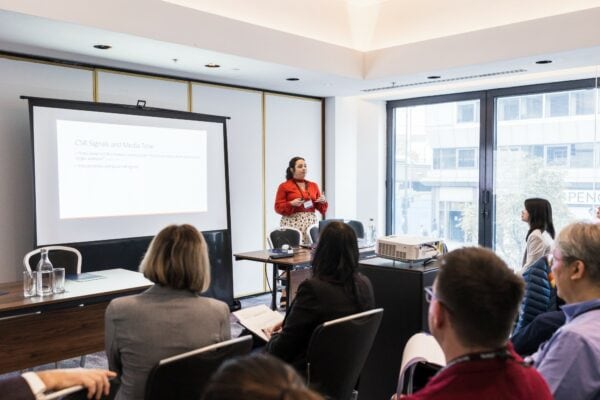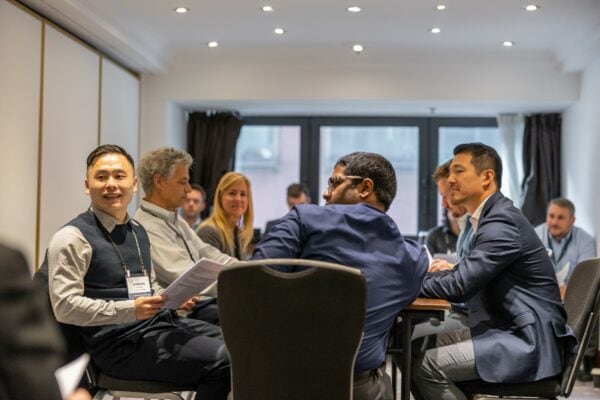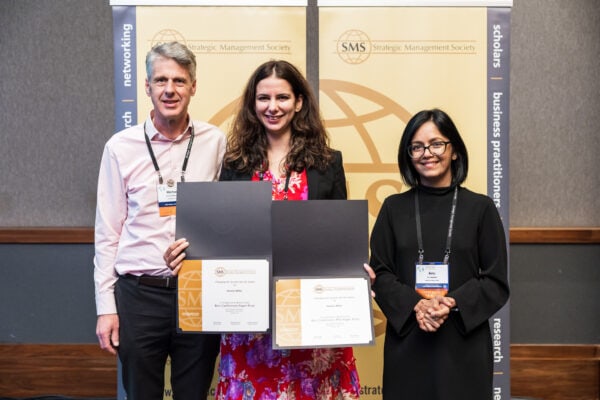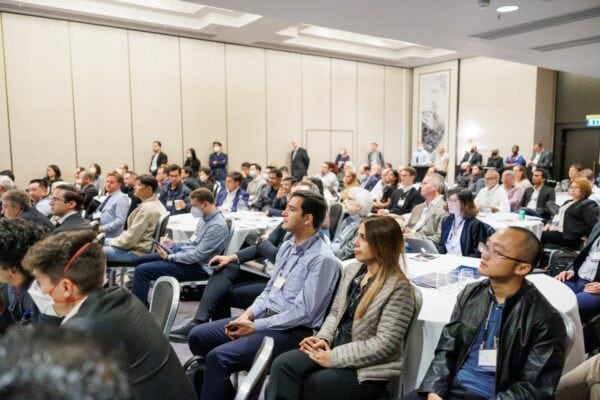Innovative Strategies for an Open World
Organizational leaders today make strategy in an increasingly open world. Leaders face growing calls for transparency and accountability. Traditional hierarchies are including even more diverse voices and perspectives. Organizational boundaries are becoming increasingly permeable and fluid. Markets and industries are open to new competitive and disruptive forces. Sources of advantage are more visible and open business models are widespread.
Openness can deliver many benefits for organizations and society. In a knowledge-based economy characterized by competitive and dynamic markets, valuable insights and innovations are increasingly likely to come from the periphery of organizations rather than from managerial elites at the centre. The complexity of contemporary issues, and the proliferation of wicked problems, demands the inclusion of previously excluded viewpoints and enlisting stakeholders from outside traditional organizational boundaries.
Today’s Societal Grand Challenges require innovative partnerships across organizations and geographies if solutions are to be found and implemented. The SMS 42nd Annual Conference called for research contributions that will help organizations create innovative, sustainable, and resilient strategies for this more open world.
WANT TO LEARN MORE?
Take a quick peek at our event recap to catch up on all the exciting moments from our recent gathering!
CALL FOR
PROPOSALS
Organizational leaders today make strategy in an increasingly open world. Leaders face growing calls for transparency and accountability. Traditional hierarchies are including even more diverse voices and perspectives. Organizational boundaries are becoming increasingly permeable and fluid. Markets and industries are open to new competitive and disruptive forces. Sources of advantage are more visible and open business models are widespread.
These various shifts towards openness have a range of drivers. Societal changes promote new demands for transparency and accountability, with employees, governments, and civil society gaining a greater voice. Cultural changes and more highly-educated workforces both raise expectations and enhance capabilities for greater employee inclusion in decision-making. Digital technologies offer new tools for collaboration across organizational boundaries, such as crowdsourcing, crowdfunding, and idea tournaments, while at the same time allowing new means of interaction internally through jamming, wikis, and corporate social media.
Openness can deliver many benefits for organizations and society. In a knowledge-based economy characterized by competitive and dynamic markets, valuable insights and innovations are increasingly likely to come from the periphery of organizations rather than from managerial elites at the centre. The complexity of contemporary issues, and the proliferation of wicked problems, demands the inclusion of previously excluded viewpoints and enlisting stakeholders from outside traditional organizational boundaries. Today’s Societal Grand Challenges require innovative partnerships across organizations and geographies if solutions are to be found and implemented.
At the same time, openness is complex to manage and faces many countervailing pressures. We call therefore for research contributions that will help organizations create innovative, sustainable, and resilient strategies for this more open world. We are interested too in proposals that examine how organizations may be extending openness where it benefits organizations and society, or defending openness where it is under undue threat. Given its complexity, we also invite critical scrutiny of openness, sensitive to unintended consequences, implementation problems, and emergent counter-pressures.
CONFERENCE SPONSORS

